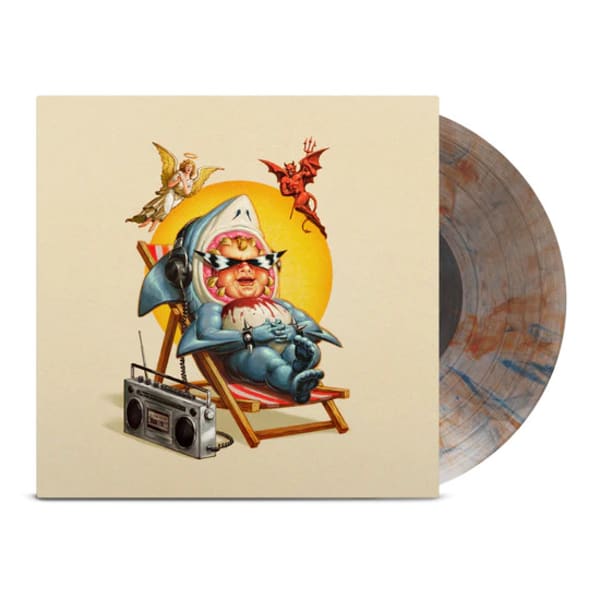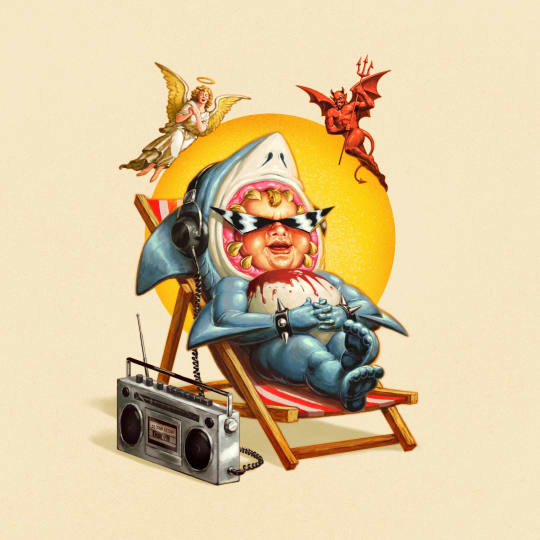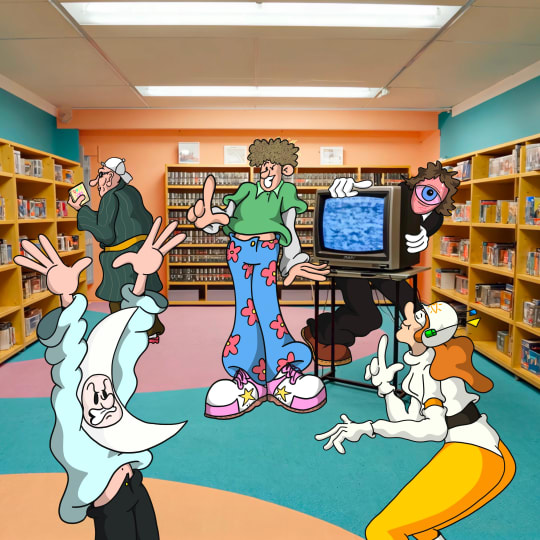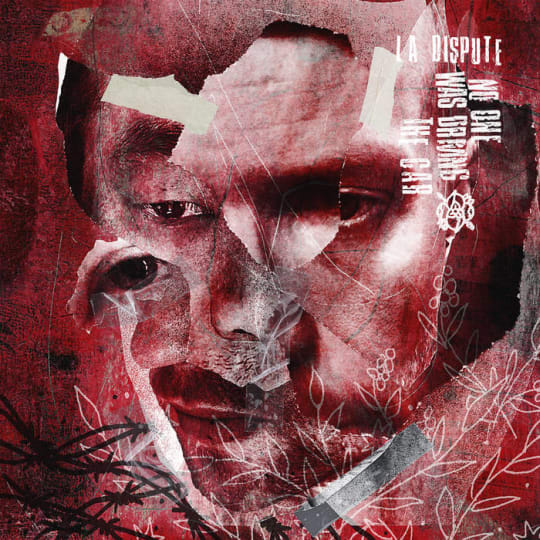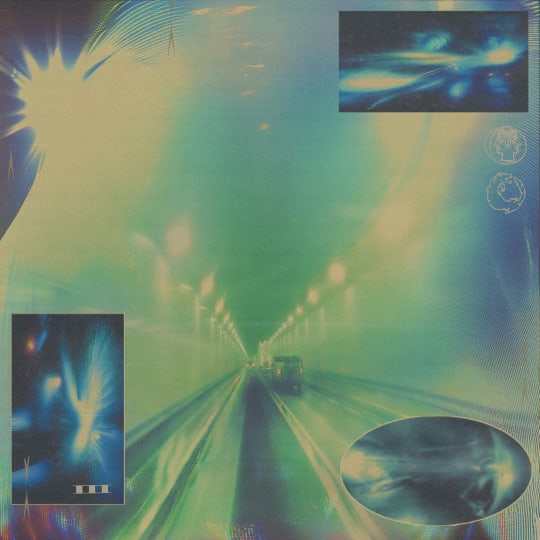News
See AllThe World Is A Beautiful Place & I Am No Longer Afraid To Die Announce New Album ‘Dreams of Being Dust’
Upcoming Shows
See All-
7.1.2025Düsseldorf, GermanyMERKUR SPIEL-ARENA
-
7.1.2025Inglewood, CAKia Forum
-
7.1.2025Zingst, GermanyMuseumshof Zingst
-
7.1.2025Berlin, GermanyBerlin Privatclub
-
7.1.2025Phoenix, AZSummer Of Loud 2025
News
See AllMotion City Soundtrack Announce New Album ‘The Same Old Wasted Wonderful World’ Out Sept. 19 Via Epitaph Records Share Music Video To Lead Single “She Is Afraid”
Upcoming
See All
Listen
YouTubeFeatured Video
YouTubeFeatured Video
YouTubeFeatured Artist
See Alllate night drive home
late night drive home have never known a world without internet — without access to the endless stream of joy, sorrow, and titillation that we all tune in and tune out to on the daily. In many ways, the guys can’t extricate themselves from that reality, but they’re trying to grapple with it. The culmination of that, then, is the buoyant yet ominous as I watch my life online, the band’s debut album on Epitaph. “The record is a critique and a meta representation of the current online landscape: a whole new world or giant united country that connects us between cities, forcing us to be online. Instant gratification is at our fingertips — likes, follows, and entertainment a click away,” says guitarist Juan “Ockz” Vargas. “It shows the listener how we grew up in the early days of peak internet — how we saw it all unfold. We want to give our perspective on the internet while creating art alongside it.” late night drive home was born in El Paso, Texas, and Chaparral, New Mexico, hardworking communities where the collars were mostly blue — a quality that the band would bring to their music as self-taught craftsmen. Comprising guitarist Juan “Ockz” Vargas, singer Andre Portillo, drummer Brian Dolan, and bassist Freddy Baca, the entirely self-taught quartet released their first EP as a full band, 2021’s Am I sinking or Am I swimming?, and blew up with the single “Stress Relief,” a blast of early-Aughts indie that racked in tens of millions of streams. Their first pull compilation of songs, How Are We Feeling? dropped in 2022, and after signing with Epitaph in 2023 — and releasing 2024’s grunge-inspired EP I'll remember you for the same feeling you gave me as i slept — they found themselves playing stages their indie idols previously shredded: Coachella, Shaky Knees, Austin City Limits, and Kilby Block Party. Since the end of the pandemic, though, the band has been dreaming up as I watch my life online. “Sonically the record is expertly produced — it was the first work we put out that was recorded in professional studios and not our bedrooms,” Vargas says about working with producer Sonny Diperri. “Topically, the album is about the internet. As a Gen-Z band, we want to give an accurate representation of how it feels to be always online. Our generation is forced to care so much about its online identity, it’s like ‘your profile is as important as your outfit.’” The resulting suite of tracks is a series of online vignettes that hammers home the band’s message: the photos on your phone shouldn’t be your identity; your posts aren’t your inner monologue.
Featured Video
YouTubeFeatured Artist
See AllDolo Tonight
Dolo Tonight is defining his own brand of “awkward anti-pop” with a coming-of-age concept album and a mission to bring fun back into music. The LA-by-way-of-New-Jersey artist, born Jonah Rinder, channels his offbeat energy into everything he does, whether he’s breaking the Guinness World Record for filming a music video at the highest-ever altitude or sneaking onto a high school campus to film a cast of elderly folks for a skit or sneaking onto a high school campus to film a cast of elderly folks for a music video. With millions of views on TikTok and a fanbase that appreciates the unconventional, Dolo crafts vibrant, genre-bending tracks inspired by indie pop greats like Phoenix and Passion Pit, all delivered with a colorful, tongue-in-cheek twist. Dolo knows exactly who he’s making music for: the weirdos, the outcasts, and anyone who’s ever felt like an awkward outsider. His infectious choruses and playful lyrics (about everything from crocheting animal sweaters to drunken cake runs at Wawa) reflect his belief that music should be as fun and authentic as possible. “I’m just a weird, fun dude. I love writing weird lyrics,” he says. “I just like saying weird sh*t.” That authenticity shines on his debut album DVD Rental Store, released via Epitaph Records. It’s a nostalgia-inducing, coming-of-age journey packed with bold anthems and buoyant chords. The project, produced with JUNO Award-winner Ryan Spraker, marks a sonic evolution for Dolo, who learned to let go of genre and perfectionism in the studio and embrace his full creative spirit. Inspired by the lost era of video stores, DVD Rental Store plays like a series of vignettes; With stories of underdogs (“Varsity Lip”), heartbreak (“Hate You Now”), friendship (“Two Pens”), and breaking free from expectations (“Live Your Life”). Dolo’s friends helped to shape the album’s visuals and voice skits, adding another layer of authenticity. At its core, Dolo’s music is an invitation: “You’re allowed to have fun. Let yourself have fun!”

